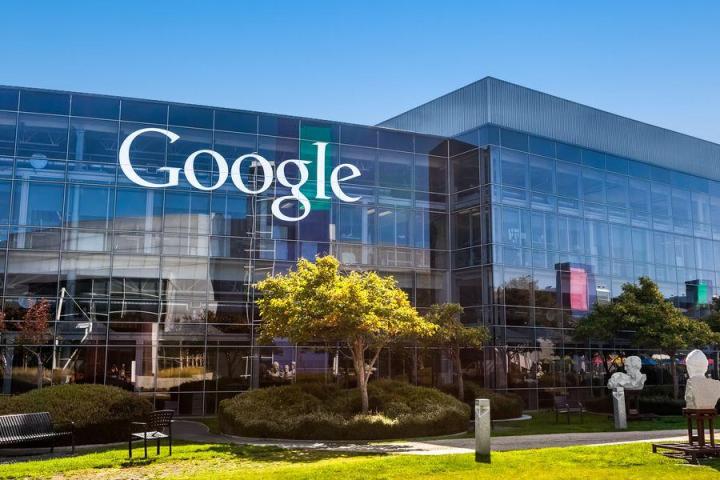
The agreement ends a six-year investigation by Her Majesty’s Revenue and Customs (HMRC). Google is also reforming its approach for paying taxes in the United Kingdom, saying it “will now pay tax based on revenue from U.K.-based advertisers, which reflects the size and scope of our U.K. business.” The U.K. is Google’s second largest market after the United States
Up until now, Google has paid a small fraction of international income taxes by using a pair of shelter strategies known as the “Double Irish” and “Dutch Sandwich,” according to Bloomberg Business. The basic premise of that two-pronged approach involves a corporation sending profits through one Irish company, then routing them to a Dutch company, and finally sending them to a second Irish company based in a tax haven.
Google’s agreement in the U.K. may be a harbinger of similar deals between the tech giant and other European countries, according to The Wall Street Journal. It may also signal the start of a trend that sees large corporations reforming their tax practices.
Apple is facing a European tax investigation that could force the company to cough up more than $8 billion in back taxes, according to Bloomberg Business.
Google’s settlement with U.K. authorities is drawing the ire of politicians. Shadow Chancellor John McDonnell told BBC Radio 4’s Today that the agreement looked like a “sweetheart deal.”


